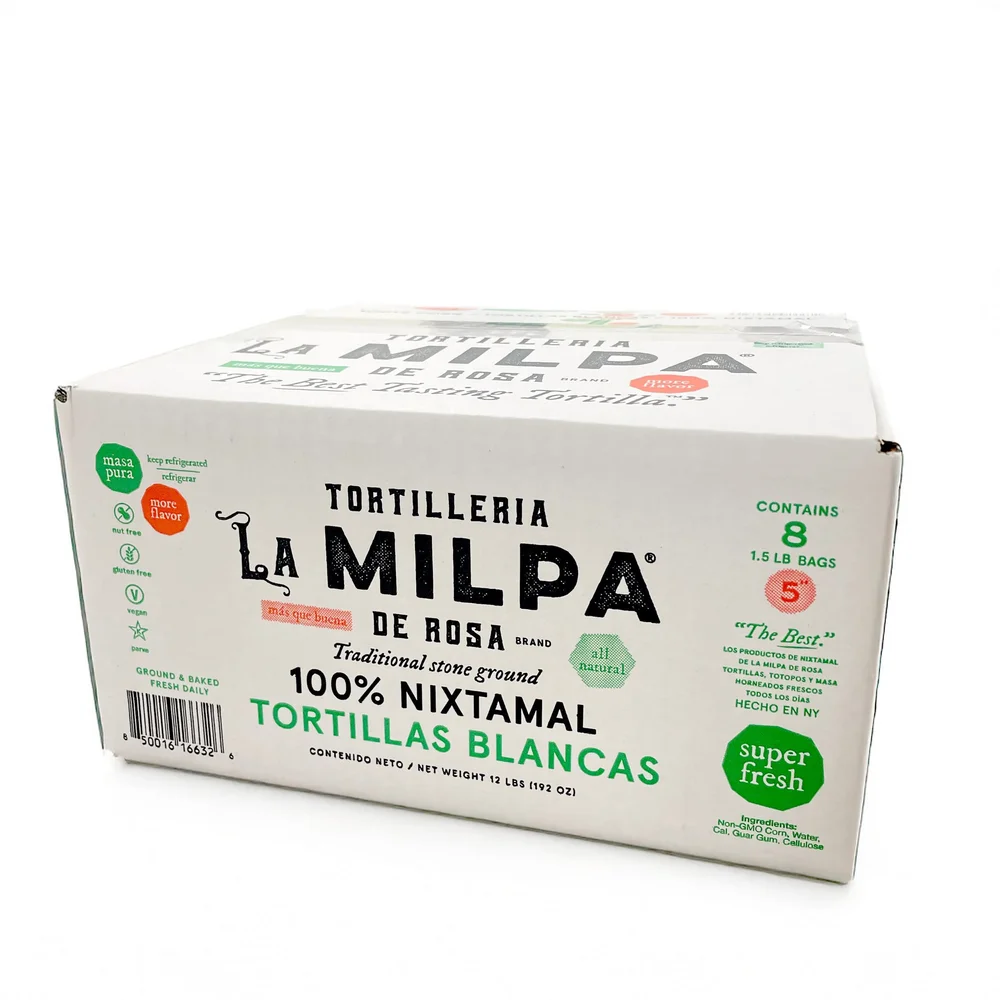October 2025
Monthly Archives
Latest stories
More stories
-
178 Views
in Spanish“Madre” in Mexican Spanish: Many Uses, Many Meanings
by
Admin updated
In Mexican Spanish, the word madre (mother) is not just a family term. It has multiplied into dozens of expressions—some friendly, some rude, some surprising. For any Spanish student, understanding the many ways Mexicans use madre will unlock jokes, conversations, even music lyrics that otherwise seem baffling. Because “madre” is so emotionally charged, Mexicans often […] More
-
263 Views
in Culture, Spanish, Table of Expressions, Translation, VocabularyHalloween and “La Noche de Brujas” — Spooky Words in Spanish
by
Admin updated
Halloween, or La Noche de Brujas in Spanish, is not originally from Latin America, but it’s now celebrated in many Spanish-speaking countries. Children dress up (se disfrazan), go from door to door asking for candy, and people decorate their homes with pumpkins and skeletons. In this post, you’ll find a big list of Halloween-related words […] More
-
57 Views
in Mexico, Spanish, Table of Expressions, Vocabulary10 Expressions That Are Hard to Guess
by
Admin updated
In this post, we explore ten popular expressions that are commonly heard in conversations, on TV, and in everyday life in Mexico. Some of them can be rude or informal, so they must be understood but not necessarily used carelessly. Spanish Expression Literal Translation Equivalent in English ningunear to “no-one” someone To belittle, ignore, treat […] More
-
50 Views
in Culture, Mexico, Table of Expressions, Translation, VideoThe Secret of Corn: Why Nixtamalization Saved Lives
by
Admin updated
Maíz or corn is central to Mexican history, culture, and daily food. But what many people do not know is that corn by itself does not give the human body much nutrition. If you eat plain corn — just boiled or ground without treatment — your body will absorb almost nothing. It will pass through […] More
-
53 Views
in Culture, Mexico, Spanish, Table of Expressions, TranslationCAMIÓN y CAMIONETA
by
Admin updated
In the Romance-speaking world, camión simply means a heavy truck. But if you are in Mexico City, the phrase “Voy en el camión” doesn’t mean you are driving a freight vehicle. It could mean you’re on a bus. It’s one of those unique Mexican usages that confuse native Spanish speakers from Spain or Argentina, and […] More
-
Mexican Telenovela Parody Practice
by
Admin updated
This is Conspiración de Pasión: (You might need to go to this YouTube video settings and slow the Playback Speed to 0.75 or even 0.50) YouTube Video Settings Playback Speed This is just a small segment of a much longer telenovela parody. The automatic video subtitles are not accurate. Español (Original) English […] More
-
47 Views
in Grammar, Mexico, Spanish, Table of Expressions, Vocabulary10 Expressions That Are Not Easy to Figure Out – Brincos Dieras
by
Admin updated
Here are ten colloquial expressions that you’ll hear on the street, in songs, and even in movies. Be careful — some of them are pejorative or rude, so it’s important to learn them for understanding, not for repeating in formal situations. Spanish Expression Literal Translation Meaning / English Equivalent Ser solo pantalla To be […] More
-
¡Con ganas!
by
Admin updated
Note: Gana in these examples is not the same as the verb ganar (to earn, to win, to gain) and its nouns ganancia, ganador, etc. When students first hear the word gana, they usually think it means desire or wish. But in reality, gana and its plural ganas appear in many different expressions, some very […] More
-
Híjole: the little Mexican exclamation that has many meanings
by
Admin updated
If you’ve listened to Mexican Spanish for a while, you’ve probably heard a short, breathy sound that comes out on surprise, irritation, admiration or mild defeat. That little word is híjole (sometimes written hijole, sometimes híjoles), and it’s one of those automatic expressions that people use without thinking. The Real Academia defines híjole as a […] More













